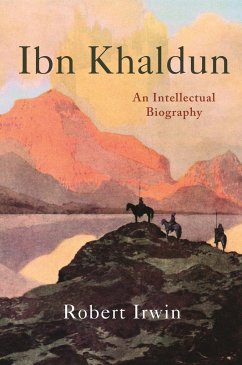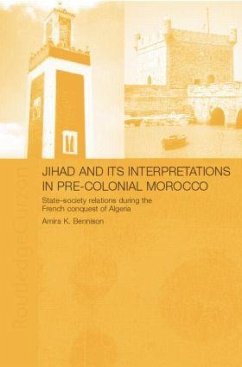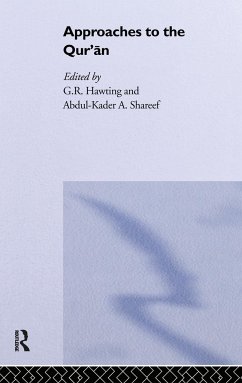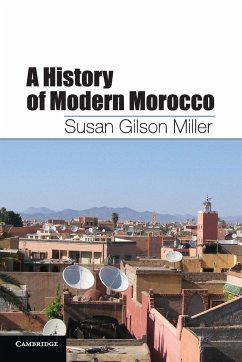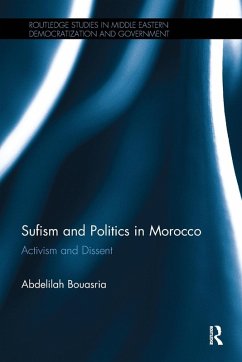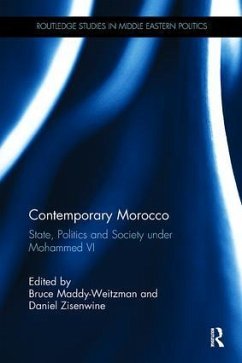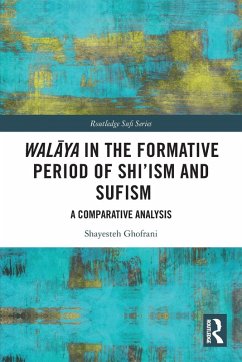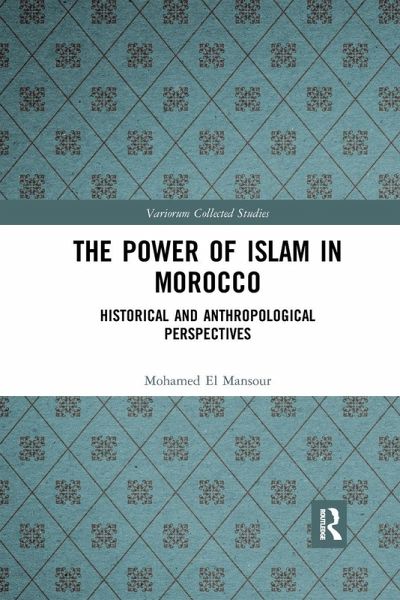
The Power of Islam in Morocco
Historical and Anthropological Perspectives

PAYBACK Punkte
23 °P sammeln!
The study of Muslim societies has been for a long time the appanage of western Orientalists and European ethnographers whose view from the outside rarely accounted for the complex reality of these societies. This Variorum volume by an eminent North African historian follows the development of Islam in Morocco as a social phenomenon over the last five centuries. During this period the nature of North African societies and political systems was profoundly changed and shaped by the emergence of a new form of Islamic religiosity based on the glorification of Prophet Muhammad and the veneration of ...
The study of Muslim societies has been for a long time the appanage of western Orientalists and European ethnographers whose view from the outside rarely accounted for the complex reality of these societies. This Variorum volume by an eminent North African historian follows the development of Islam in Morocco as a social phenomenon over the last five centuries. During this period the nature of North African societies and political systems was profoundly changed and shaped by the emergence of a new form of Islamic religiosity based on the glorification of Prophet Muhammad and the veneration of popularly acclaimed saints. From being a purely religious phenomenon, the devotion shown to the Prophet and his lineage turned into a major principle of legitimacy, in both the religious and political fields. In fact, as legitimacy tended to center around the prophetic lineage, Moroccan society witnessed an intense rivalry between saints and sultans, or spiritual and temporal leaders, with the latter trying to keep the saints and the sufis within a strictly religious sphere. This rivalry between the two parties is crucial to the understanding of modern Maghribi history, as well as the present Moroccan political system. (CS1082).





